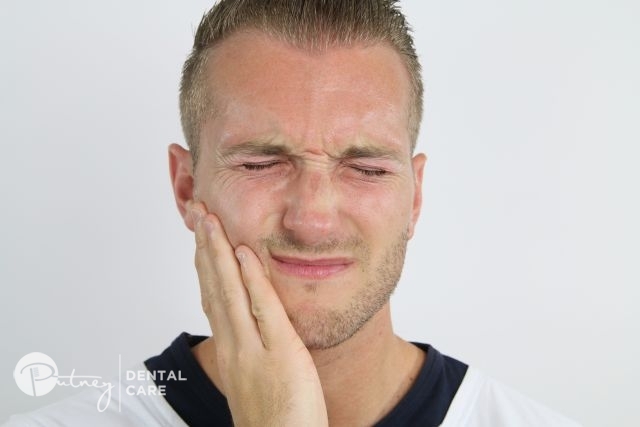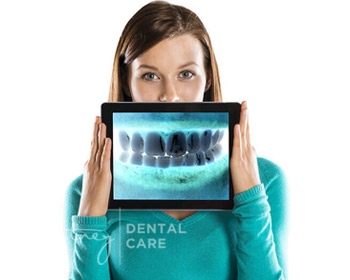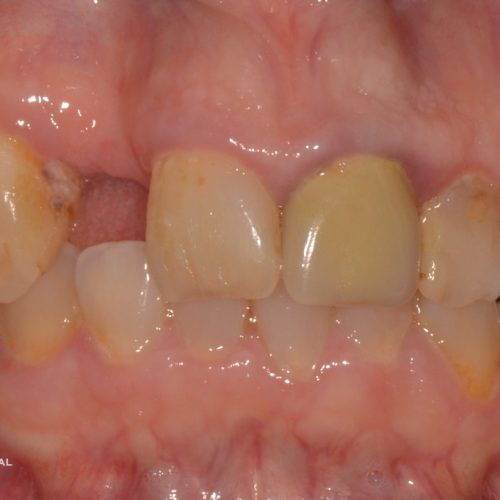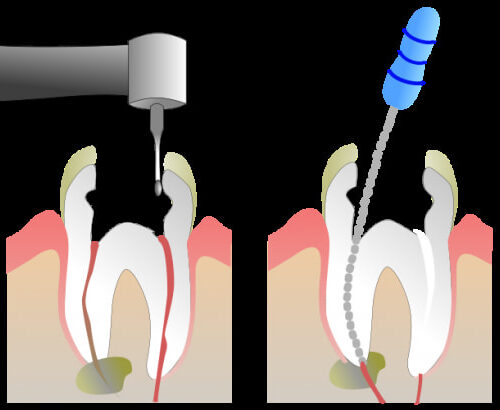When Should You Get Your Wisdom Teeth Removed?

There are many possible complications associated with having impacted wisdom teeth. However, it’s also possible for wisdom teeth to propose no problems and not need removing. That’s why it’s important to talk to your dentist and have your teeth inspected.

What are wisdom teeth?
“Wisdom tooth” is the informal name of the third molars, the flat crushing teeth that grow at the very back of the jaw. They are usually the last teeth to erupt from the gum, and can begin to arrive anywhere from your late teens to twenties and beyond.
Wisdom teeth are unique in several ways. Firstly, as stated, they’re normally the last teeth to emerge. Secondly, it’s normal, even expected, to have troubles with wisdom teeth. As the shape of the human jaw has changed over time, the space available for the third molar has shrunk. For most people, there’s simply not enough space for the teeth to fit into the mouth properly.
And lastly, not everyone even has wisdom teeth. The percentage of people who don’t can change depending on ancestry. For most ethnicities, around 10% of the population naturally lacks one or more wisdom teeth. For Asian and Inuit people, the number is closer to 40%.
When a wisdom tooth fails to emerge, it’s said to be “impacted”. This means it is stuck under the gum and will not fully emerge. It’s also often tilted at an angle, which can sometimes cause it to apply pressure to the adjacent second molars.
Complications with Wisdom Teeth
While some impacted wisdom teeth can remain in place and cause no concern, it’s often advised to remove them to avoid possible complications in the future.
Pain
The most common complication with impacted wisdom teeth is pain. This can be caused by the pressure of the wisdom tooth against the adjacent molar, or by an infection.
Infection
Our mouths are full of bacteria, and our gums are very susceptible to infection. When an impacted wisdom tooth tries to emerge from the gum, it can lead very quickly to an infection and inflammation. The infection itself can lead to a variety of other problems, such as pain, bad breath, unpleasant taste, difficulty swallowing, and general illness.
Pushing Adjacent Teeth
An impacted wisdom tooth that’s applying pressure to an adjacent tooth can push that tooth out of alignment. Over time this can lead to pain, infection, and even the gradual misalignment of more teeth further along the jaw.
Cysts
A cyst is a sac of fluid that grows within tissues. They’re fairly common around un-erupted teeth, and an impacted wisdom tooth is no exception. Cysts can destroy gum, bone, and even surrounding teeth if left untreated.
Ulcers
If the wisdom tooth erupts from the gum sideways, it can lead to an ulcer on the inside of the cheek where it rubs against it.
Resorption Cavity
A resorption cavity can occur when an impacted wisdom tooth constantly pushes against an adjacent tooth. This is harmful to both teeth and can lead to abscesses and infection. It may be necessary to remove both teeth. Fortunately, resorption cavities are uncommon.
Deciding Whether to Remove Wisdom Teeth
When deciding whether to remove wisdom teeth or not, your dentist will first perform a comprehensive check of your teeth and jaw. This will include x-rays to better see the positioning of the wisdom teeth within the jaw itself.
If one or more of the teeth are currently causing any of the problems listed above, it’s likely the dentist will suggest extraction. There are times when a wisdom tooth with “settle down” after erupting from the gum, and the dentist may instead recommend waiting to see if this occurs.
Generally when one wisdom tooth needs extracting, it’s ideal to remove the others. This is to ensure you have an even bite, which will prevent possible complications in the future. A missing tooth on one arch can cause problems both for the teeth above and on the other side of the jaw.
Sometimes the dentist can see that a tooth will cause problems long before the problems start. In this case they may recommend the early extraction of the tooth or teeth. Younger bone is softer and easier to operate on, and the roots of the tooth aren’t as fully formed. This makes for a much simpler, more easily managed operation for both dentist and patient.
Regardless of what your dentist recommends, always know that the decision to undergo any operation or procedure is yours and yours alone to make.
Removal of Wisdom Teeth
Wisdom teeth removal can be a very simple operation performed in a dentist’s office under local anaesthetic, or it can be a complicated procedure that requires general anaesthetic.
There are a few factors that determine how difficult an extraction will be. These include:
- Is this an early extraction, or are there already complications? Early extractions are much easier and simpler than when the tooth has already started causing problems.
- How impacted is the tooth? Is it crowning, or is it completely sideways in the jaw?
- How much space is there in the mouth for operating?
- How close is the tooth to important nerves in the jaw?
- Is there a severe infection, decay, cyst, etc?
Whether general or local anaesthetic is used will be down to the complexity of the case, the pain threshhold of the patient, and a few other factors that must be discussed with a dentist.
Post-Operative Issues
The common perception is that wisdom teeth removal results in a patient heavily sedated, delirious, swollen, and in incredible pain for many days.
While this is, unfortunately, a possibility in more complex extraction cases, it is absolutely not the standard. Most wisdom teeth removals are performed under local anaesthetic in a dental practice, with minimal post-operative care and over-the-counter pain management.
Tooth Whitening Women’s Dental HealthLatest from the Dental Blog
 18 Oct 2017
18 Oct 2017
Dental X-Ray Examinations
Dental X-Ray, or radiographic examinations, are one of the most important diagnostic tools in the dentist’s arsenal. Radiographs may help…
 18 Jun 2018
18 Jun 2018
Wisdom Teeth Removal Procedure
When wisdom teeth start to enter your mouth, we usually call it an “eruption” and for a good reason. Anyone…
 19 Jan 2023
19 Jan 2023
Signs of Infection After Root Canal
Root canals are a safe and common procedure for those who need the inner layer of their tooth repaired. It…
